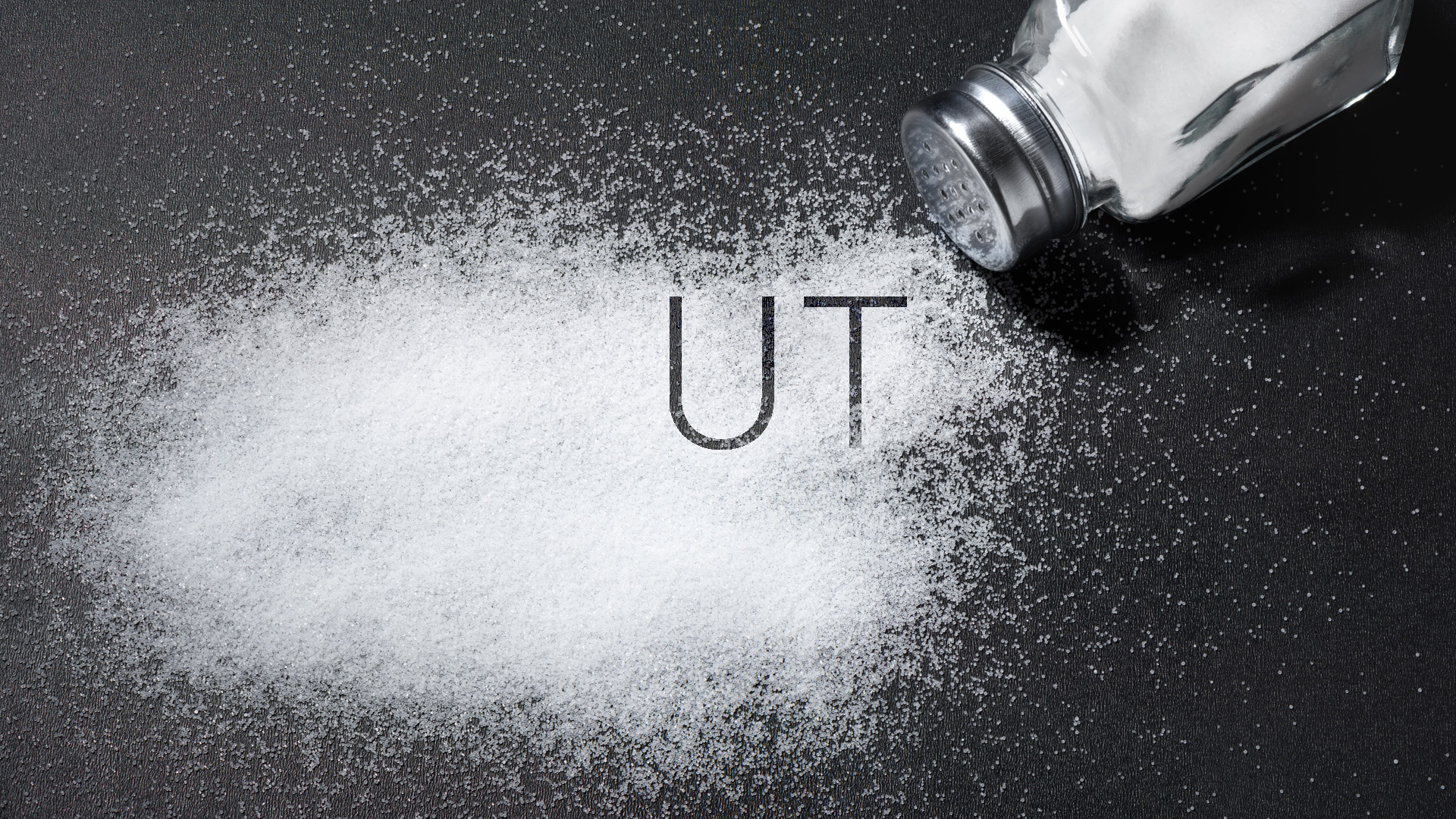Governor Phil Murphy has signed into law The New Jersey Health Insurance Market Preservation Act (the “Act”) making it the second state, after Massachusetts, requiring resident individuals to maintain health insurance coverage or face an individual shared responsibility payment.
This law comes on the heels of The Tax Cuts and Jobs Act, signed by President Trump on December 22, 2017, which repealed the individual shared responsibility payment enacted under the Affordable Care Act (or commonly referred to as Obamacare).
The individual shared responsibility, under the Affordable Care Act, requires individuals to maintain minimum essential health coverage or face an individual shared responsibility payment. The Tax Cuts and Jobs Act repealed, or eliminated, the individual shared responsibility payment effective January 1, 2019. In an effort to help to control recent premium price increases, Governor Murphy signed the Act into law May 31st.
The State’s shared responsibility payment is based on the Affordable Care Act calculation which, for 2017, was the greater of 2.5% of a taxpayer’s income over the applicable filing threshold or $695 ($347.50 for those under 18 years of age). The maximum shared responsibility payment for a family for 2017 was $2,085. The shared responsibility payment increases annually but cannot be more than average cost of a bronze level plan on the New Jersey health insurance marketplace.
It is important to note that there exists a religious and hardship exception to the shared responsibility payment.
How Can We Help?


